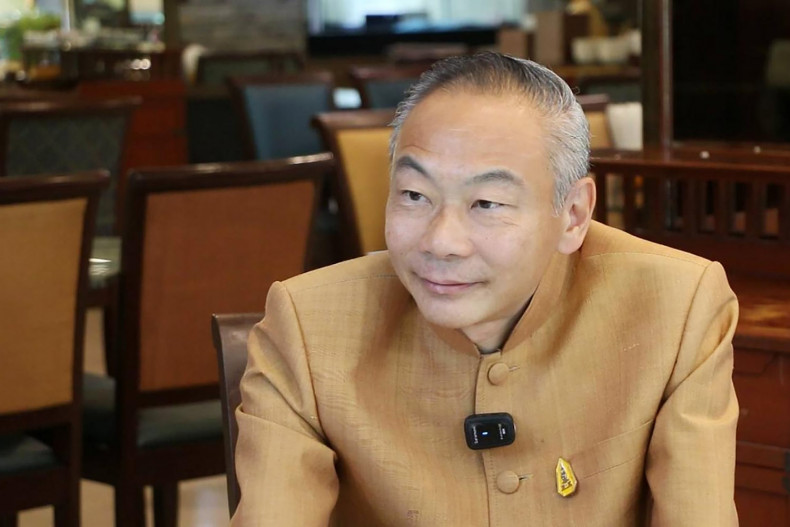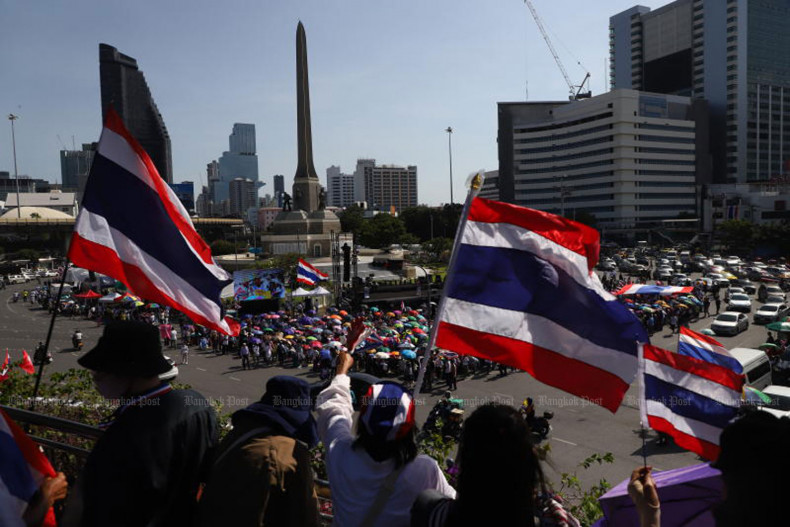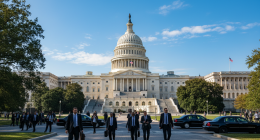Mixed Reactions to Wage Hike
400-Baht Minimum Stirs Debate
On July 1, 2025, Thailand’s cabinet approved a 400-baht daily minimum wage for hotel workers, sparking varied responses across the hospitality sector. While aimed at boosting living standards for 700,000 workers, per the Ministry of Labour, the policy has drawn criticism from hoteliers like Chatchai Kosawisut of Khon Kaen’s I-San Hotel Association. The mandate, effective immediately via the Royal Gazette, adds pressure to an industry still recovering from a two-year economic slump, with 2024 hotel occupancy down 15%, per Thai Hotels Association (THA) data.
Economic Strain in the Northeast
Khon Kaen Faces Financial Burden
Chatchai, owner of the 180-room Kosa Hotel, called the wage hike a “punishment” for businesses reliant on modest domestic trade. Unlike Phuket, where high tourist spending supports higher wages, Khon Kaen’s hotels cater to budget-conscious government and corporate clients, with room rates averaging 1,200 baht per night. The region’s 357-baht general minimum wage contrasts with the new 400-baht hotel-specific floor, forcing owners to cut staff or overheads, as 60% of operating costs are labor-related, per a 2025 Chamber of Commerce report.
Uneven Impact Across Provinces
Regional Disparities Highlighted
The policy mandates the 400-baht wage for hotels with 50+ rooms or conference/entertainment facilities, disproportionately affecting less affluent provinces. In Narathiwat, Pattani, and Yala, where the general minimum wage is 337 baht, hoteliers face a steep cost increase. Jakkrit Siriphanich, Khon Kaen Chamber of Commerce chairman, noted that even a 10-baht room rate hike triggers fierce competition, with 70% of northeastern hotels operating on thin margins, per 2024 industry data, risking closures without government support.
Government Defends Wage Increase
Boosting Local Economies
Deputy government spokeswoman Sasikarn Watthanachan argued the wage hike would enhance worker livelihoods and stimulate local spending, critical for Thailand’s 1.7% GDP growth forecast in 2025. The policy targets labor-intensive sectors like hospitality, which employs 10% of Thailand’s workforce, per 2024 labor statistics. However, critics like Noppong Theeraworn of the Federation of Thai SMEs warn that the abrupt increase could push small firms toward off-the-books hiring, undermining formal employment.
Industry Leaders Voice Concerns
Tourism Recovery Under Threat
Thienprasit Chaiyapatranun, THA president, highlighted the industry’s struggles with rising raw material and energy costs, up 12% in 2024, outpacing labor expenses. With tourist arrivals from key markets like China down 20%, per 2025 tourism data, the wage hike adds strain to cash-strapped hotels. In Phetchaburi, labor-intensive regions face higher risks, with 25% of hotels considering staff cuts, per a 2025 SME survey, prompting calls for phased implementation and financial aid.
Calls for Balanced Policy
Seeking Fair Implementation
Pipat Lerksahakul of the Federation of Thai Industries criticized the wage hike as a political tool, urging the Election Commission to bar parties from using wage promises in campaigns. Thanusak Phungdet of the Andaman Provinces Chamber noted that while Phuket’s stronger economy can absorb the increase, other provinces need more notice and support. With 65% of Thais supporting fair wages but opposing rushed policies, per a 2025 poll, the government faces pressure to balance worker benefits with industry sustainability.









